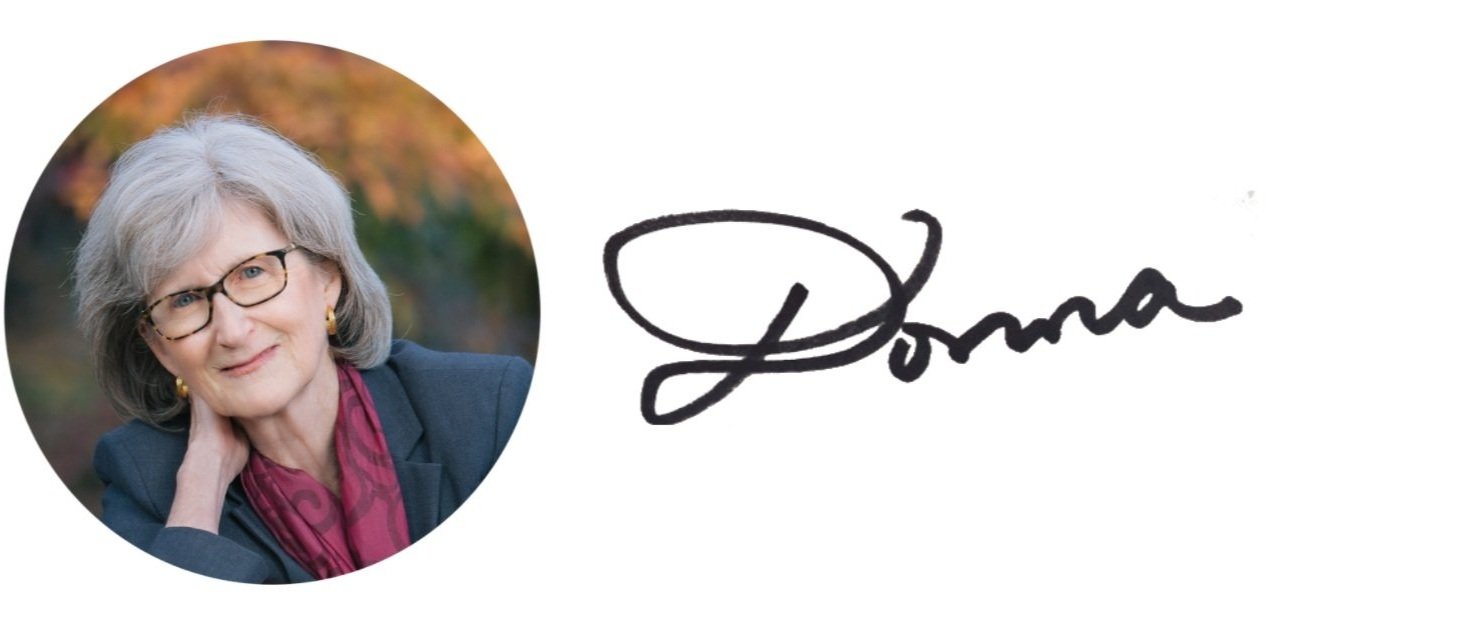Too much niceness desiccates the spirit, leaving dried shreds of self-respect. The internal dictate to be nice and always please others can override the internal drive to be honest and true to self. If I am nice, go along, keep my doubts/concerns/questions to myself, I enjoy short term benefits: no conflict; smoother relationships; parents, teachers, and friends seem to like me better. As I enjoy these benefits, I ignore my inner voice so long that eventually I can no longer hear it. The long term consequences are too nebulous or distant to be a concern. Deak, in Girls Will Be Girls, describes the result of constant people pleasing: It is…. “a very insidious emotional programming that leads to patterns of behavior that are very hard to change; patterns that become ingrained and eventually become almost automatic, without a lot of thought.”
This behavior pattern of people-pleasing starts in childhood and continues through adulthood, affecting women more than men. Girls Will Be Girls includes the story of a young woman who was paralyzed in a car accident because she climbed into the car with her drunk boyfriend. She knew it was dangerous, but just couldn’t face the possibility of being taunted or jeopardizing her relationship with her boyfriend if she spoke up. In my own life, I now see that the relationship with my first husband would have been much healthier and happier if I had been more honest and direct about my needs and preferences from the beginning. It has been my personal journey of prayer, mindfulness practices, research, and writing that have helped me to recognize my people-pleasing tendencies.
If you are a people pleaser and want to re-balance yourself to give your own feelings and needs more weight, start with awareness. Observe and listen to yourself. Think about the times you acquiesce. Try being more direct with a totally insignificant issue or situation. I have thought about an incident last month when a man in the street in front of our house put his dog’s poop into our trash can—I was unable to speak up and direct him to the public trash can across the street. I was afraid he would think I was a shrew. Next time I will be ready. When you are asked, “Where should we go out to eat?” think about how it would feel to clearly state your choice, instead of always just going to the restaurant your partner chooses. As your awareness increases, you will observe more and more examples.
SUGGESTIONS:
Mindfulness practices will help you be more aware of the moment. This awareness will allow you to hear your quiet internal voice or feel your chest tighten. The voice and the tightness are your mind and your body reminding you to speak directly and honestly what you are feeling or thinking.
Pray for God’s guidance in helping you balance niceness, politeness, helpfulness, and consideration with self-respect, honesty, independence, and love of self. All are important. It is the balance that makes the difference.
Consider further study: Girls Will be Girls, attributed the phrase “Tyranny of Niceness” to psychologist Carol Gilligan; Revolution from Within: A Book of Self Esteem by Gloria Steinmen; Brene’ Brown’s books; Gift of Fear by Gavin De Becker, which I am currently reading, showing us how to listen to our instincts.
God bless all of you.
P.S. Don’t forget to sign up for my monthly blog or follow me on Facebook or Donna Chacko on Twitter. If my message helps you in any way, please consider sharing it with others.
Dr. Donna Chacko promotes health of body, mind, and spirit through her website (serenityandhealth.com), her blog, and programs at her church. She is the author of the award-winning book and Amazon best-seller Pilgrimage: A Doctor’s Healing Journey (Luminare Press, 2021). You can read her full bio here.









How to become emotionally and spiritually healthy.